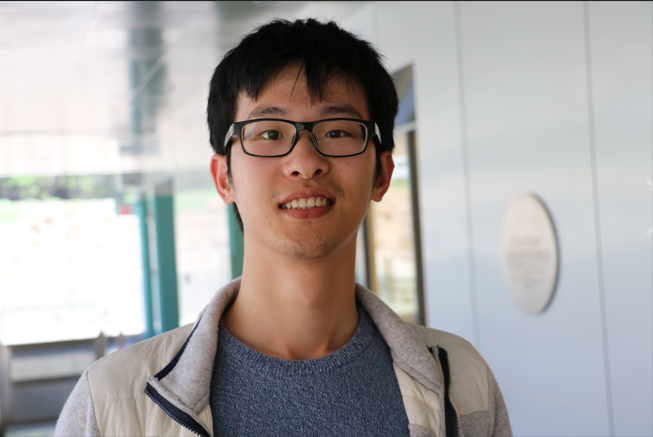Dissertation Defense
Energy-Efficient Circuits and Systems for Powering, Sensing and Actuating the Motions in Internet of Things.
This event is free and open to the publicAdd to Google Calendar

The Internet-of-Things (IoT) has long been viewed as the next major computing class that has significant societal benefits on people’s lives. With the miniaturization of the sensor nodes, the acquisition and analysis of data can be achieved in a broader range of environments, enabling applications such as precision healthcare, smart buildings, intelligent agriculture and more. Motions are ubiquitous in these applications and can be utilized as an energy source to mitigate the power constraints associated with the sensor node scaling. Besides, many sensor nodes also acquire motion signals to reveal the information from the ambience, and some may even actively produce motions to achieve a more complex interaction with the environment (e.g., micro-robot). This thesis introduces three major topics on the low-power circuit and systems designs for IoTs that are related to motions: (1) a sense-and-set piezoelectric energy harvesting integrated circuit (IC) that maintains the optimal energy extraction from environmental motions; (2) an ultra-low-power accelerometer system consisting of 3 ICs to achieve 15× better power-resolution performance with high-voltage biasing and electrostatic mismatch compensation; (3) an intelligent micro-controller system, consisting of multiple generations if ICs, that controls and optimizes the actuation of the Programmable Matter (PM) with mm-sized micro-robots.
Chair: Professor Dennis Sylvester
 MENU
MENU 
